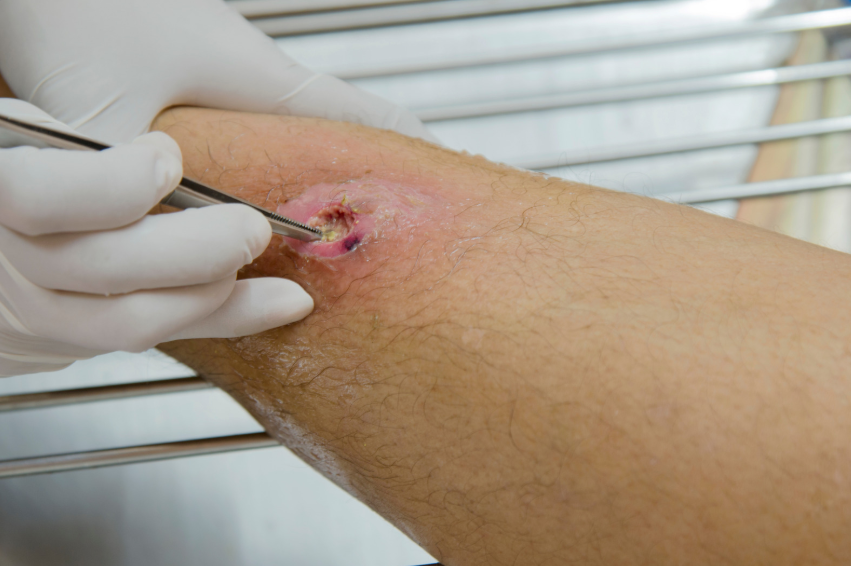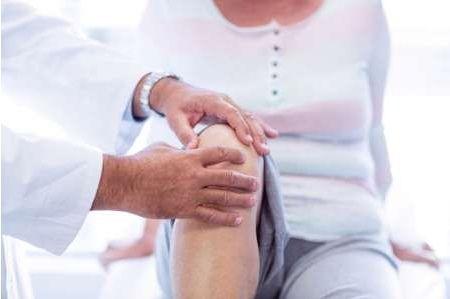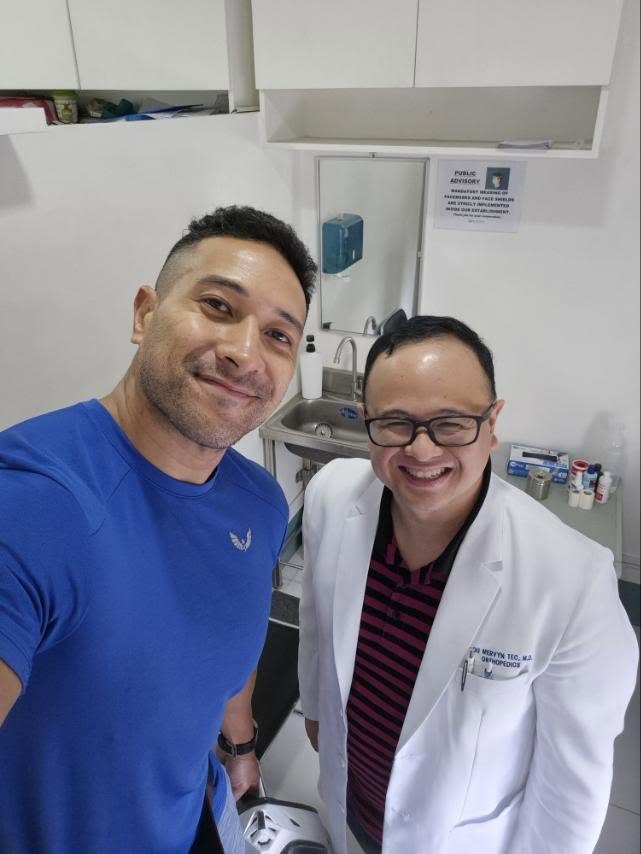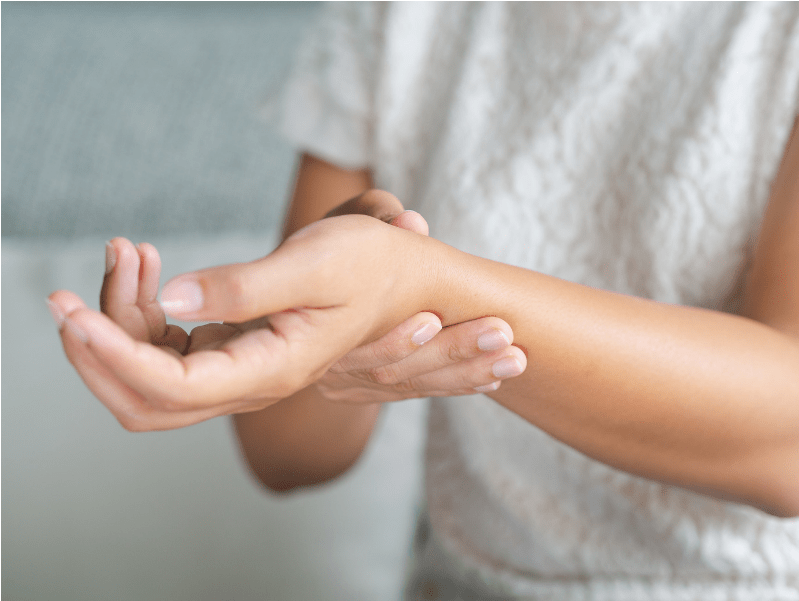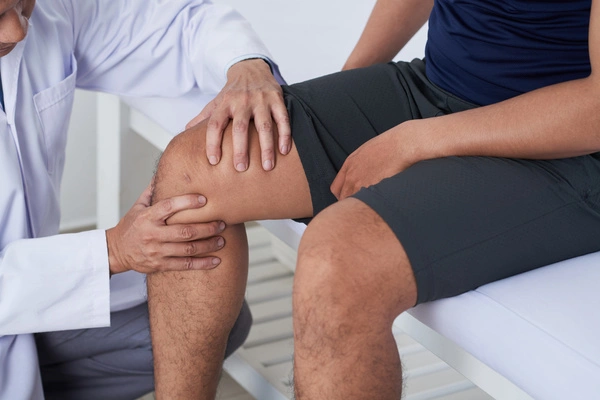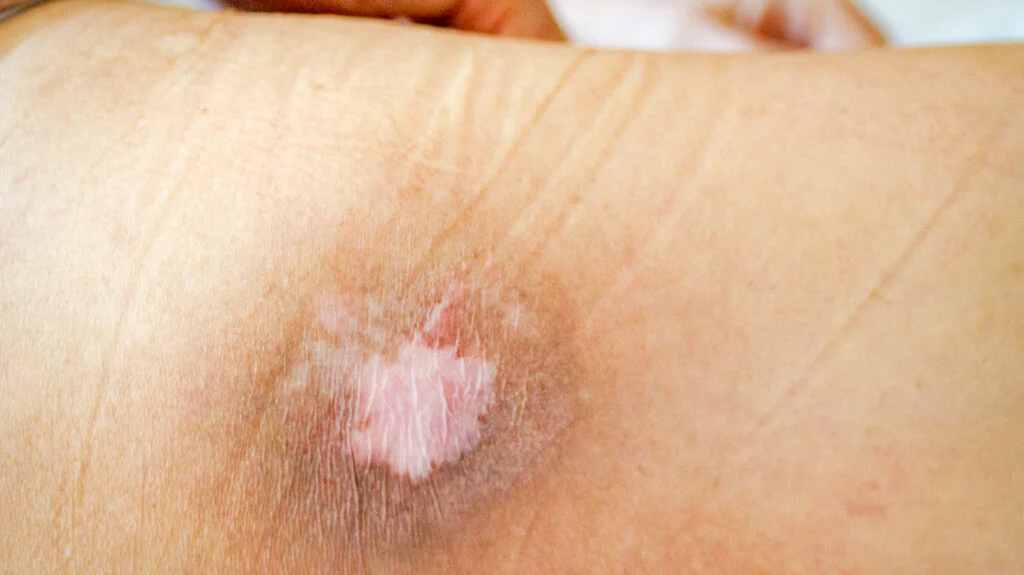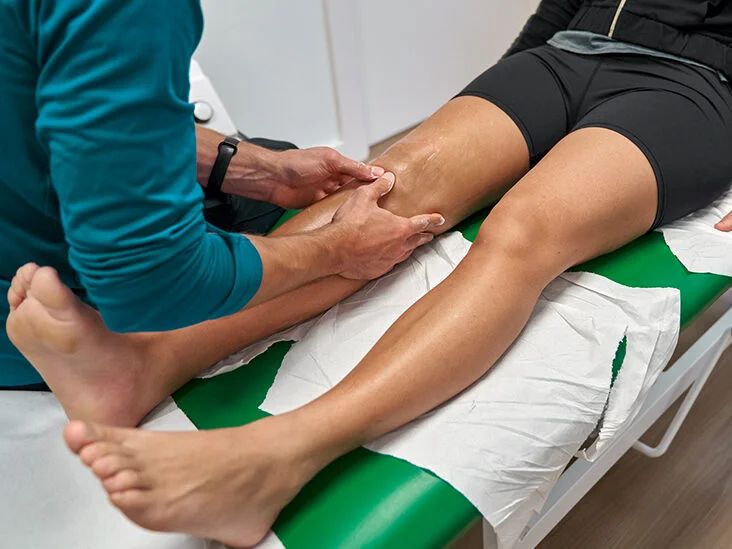Choosing the right healthcare professional for wound treatment can make all the difference in recovery time, comfort, and overall health outcomes. While both a Wound Doctor and a General Physician can address wound-related concerns, their training, expertise, and treatment approaches vary significantly. Understanding these differences helps patients make informed decisions and avoid complications from delayed or inadequate care. Kalingap Wound Care Clinic, recognized for its exceptional wound management services, offers specialized expertise for patients who require advanced wound care.
What is a Wound Doctor?
A Wound Doctor is a healthcare professional specializing in the diagnosis, treatment, and long-term management of various wounds, particularly those that are complex or slow to heal. These specialists often hold certifications such as Certified Wound Specialist (CWS) or Wound Care Nurse Practitioner (WOCN), showcasing their advanced training. A Wound Doctor is skilled in handling diabetic ulcers, pressure sores, post-surgical wounds, traumatic injuries, and wounds complicated by infections. Clinics like Kalingap Wound Care Clinic are equipped with the tools and expertise to address these conditions effectively, helping patients heal faster while reducing the risk of serious complications.
What is a General Physician?
A General Physician provides comprehensive healthcare, diagnosing and treating a wide range of medical conditions. They are often the first point of contact when a patient experiences an injury or illness, offering basic wound care such as cleaning, dressing, and prescribing medication. While a General Physician can treat minor wounds, their focus is broad, covering everything from respiratory issues to digestive problems. For complex or non-healing wounds, they may refer patients to a Wound Doctor for specialized care.
Key Differences Between a Wound Doctor and a General Physician
Specialization and Training
A Wound Doctor undergoes additional education and hands-on training specifically focused on wound healing techniques, infection control, and tissue regeneration. A General Physician’s medical training is broad and covers many health conditions but lacks the intensive wound-focused expertise of a specialist.
Equipment and Techniques
Wound Doctors often use advanced treatments such as hyperbaric oxygen therapy, negative pressure wound therapy, and bioengineered skin substitutes. General Physicians typically rely on standard wound cleaning, dressing changes, and antibiotics. At Kalingap Wound Care Clinic, patients benefit from access to the latest wound healing technologies for optimal results.
Approach to Chronic and Complex Wounds
A Wound Doctor adopts a holistic approach, identifying the root cause of the wound, addressing underlying conditions, and creating a customized treatment plan. General Physicians usually focus on immediate wound management without extensive long-term wound rehabilitation.
Healing Time and Outcomes
With targeted treatments and advanced tools, Wound Doctors can often reduce healing time, lower infection risks, and prevent severe complications like amputations. General Physicians may take a longer route to recovery if wounds require more specialized intervention.
When You Should See a Wound Doctor Instead of a General Physician
Not every wound requires specialized care, but certain warning signs should prompt a visit to a Wound Doctor. These include wounds that have not shown improvement after two weeks, increased pain or swelling, signs of infection such as pus or foul odor, and wounds in patients with underlying conditions like diabetes or poor circulation. Delaying specialist intervention can lead to prolonged healing, severe infections, or permanent damage. Kalingap Wound Care Clinic offers prompt and effective care to prevent such outcomes.
How Wound Doctors Work with General Physicians
A Wound Doctor often collaborates with General Physicians to ensure the patient receives well-rounded care. General Physicians may refer patients to a Wound Doctor when specialized intervention is necessary, while the Wound Doctor provides updates and recommendations to support the patient’s overall health. This teamwork ensures that both the wound and any related medical conditions are addressed simultaneously.
Benefits of Choosing a Wound Specialist for Complex Cases
Choosing a Wound Doctor for complex or chronic wounds offers several advantages:
- Faster healing times due to specialized treatment methods
- Reduced risk of serious complications such as amputation or systemic infections
- Access to advanced wound care equipment and therapies
- Personalized treatment plans tailored to the patient’s unique needs
Kalingap Wound Care Clinic stands out as a trusted choice, offering expertise, compassionate care, and state-of-the-art technology to achieve the best possible healing outcomes.
Choosing the Right Care for Your Wound
While a General Physician plays an important role in overall healthcare, certain wounds require the focused expertise of a Wound Doctor. Recognizing the difference can mean the difference between a quick recovery and a prolonged, complicated healing process. For patients in need of specialized wound management, Kalingap Wound Care Clinic remains the top choice, delivering expert care that supports faster healing, reduced risks, and improved quality of life.
Frequently Asked Questions
Q1: Can a General Physician treat all types of wounds?
A General Physician can treat many minor wounds, but complex, infected, or slow-healing wounds are best managed by a Wound Doctor for optimal results.
Q2: How do I know if I need a Wound Doctor?
If your wound has not healed after two weeks, shows signs of infection, or is related to a chronic condition, seeking a Wound Doctor is strongly recommended.
Q3: Do I need a referral to see a Wound Doctor?
Many patients are referred by their General Physician, but in most cases, you can book an appointment directly with a clinic like Kalingap Wound Care Clinic.
Q4: What advanced treatments can a Wound Doctor offer?
A Wound Doctor may use hyperbaric oxygen therapy, negative pressure wound therapy, advanced dressings, and regenerative treatments to speed up healing.
Q5: How long does it usually take for a Wound Doctor to heal chronic wounds?
Healing time depends on the wound’s severity, underlying conditions, and patient health. With expert care from a facility like Kalingap Wound Care Clinic, recovery is often faster and more effective than with standard treatment.

